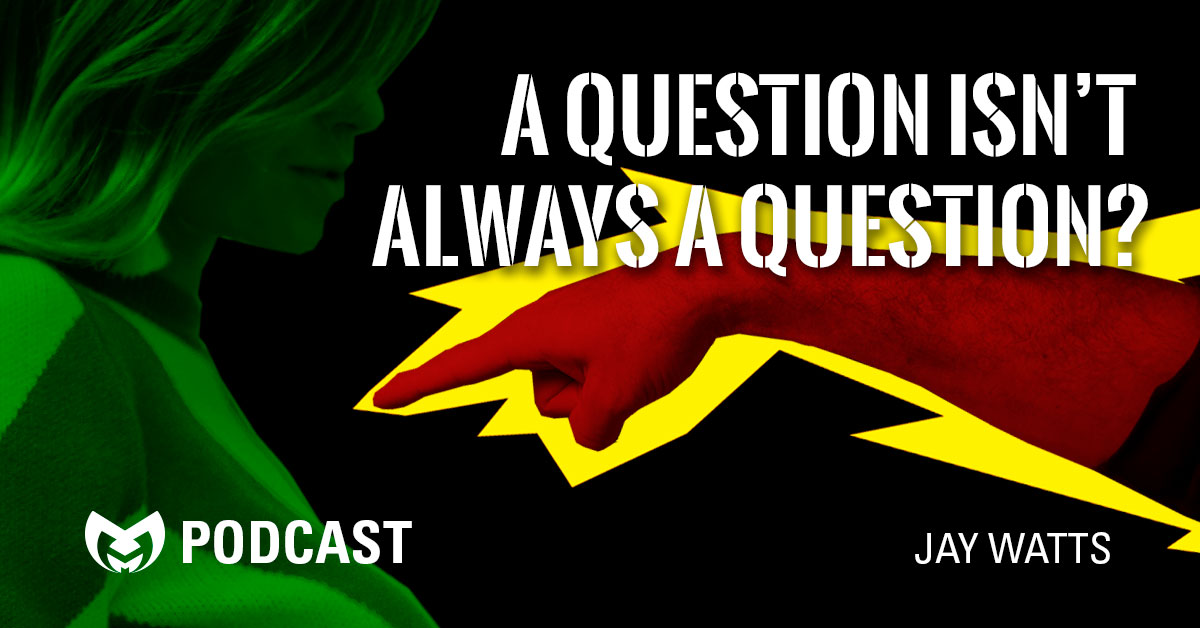A young college student recently told me a story. She is in a program filled with classmates who aggressively support abortion. They attack and mock the few peers who dare to voice their opposition to unrestricted legal access to abortion. Last week, they turned their attention to this young woman. A male classmate of hers asked,
“Where do you stand on women’s rights? I support women’s rights.”
Before she could answer, this champion of women’s rights exposed his true colors by saying,
“If they got rid of abortion and I got someone pregnant, I would want to abandon them. Without abortion, I would be forced to abandon her.”
Even more disturbing, a young female champion of abortion responded, “I would want to abandon the child, too. But I couldn’t.”
I told this student two things in response. One, when someone tells you who they are, believe them. Believe that this champion of women’s rights actually champions irresponsibility. He wants to have sex with young women and, based on statistics regarding sexually transmitted infections, is perfectly fine risking giving a young woman a lifetime of HPV or other more temporary infections. What he absolutely does not want is to be a father. He wants that so little he is willing to abandon any young family he creates through a voluntary action that is procreative by nature, but in which he only participates for a quick thrill. A new life came into existence through the process by which almost all human life does, but he didn’t agree to that. He didn’t consent to that consequence. Other human beings are like theme park rides to him, to be used entirely for his amusement and then left behind without a thought. If that is the moral authority by which this young man questions anyone else’s commitment to the good of women, then his detractors should be bold in standing against such arguments.
I am often asked to talk about the hard cases regarding abortion. How do we argue in cases like rape, incest or rape by relative, or life of the mother? These subjects are hard cases because to live consistently with a high view of the value of all human life we are required to make extraordinary demands on one another when things go terribly wrong. If every human life ought to be treated with dignity and respect, some scenarios can be thrust upon us that eliminate any easy options. As Christopher Kaczor has written before, we may be left with only the morally prohibited and the morally heroic options. The moral evil of rape or the natural evil of disease and illness stripped away all other choices.
This leads to the second thing I want that young woman to know, something I also told a group of university students in a recent presentation. As hard as it is to address these difficult issues, I appreciate what answering those questions does for me. It reminds me I have extraordinary duties and responsibilities to the other human beings in my life. We all do. The circumstances of life may allow us protracted periods of time where that is not obvious to us, but the hard cases intrude eventually. The lives of others, the trials of others, the sufferings of others push through the cloud of distraction and remind us that the most important things we encounter every day are the people God put in our lives. Answering the hard questions is a constant reminder we can be better than we are, and we have a duty to work as a community to rise to the occasion when others need us.
An inclusive view of human value, a high view of human value, is more beautiful view than one that drives a young man to want to abandon the woman who had the nerve to get pregnant with his child when they had sex. His view of human relationships is impoverished, the women in his life are diminished, his role in this world reduced to the trivial pursuit of the next moment of pleasure at the expense of the joy of deep human relationships. When people tell you who they are, believe them. But also fight to help them see a better version of themselves, a better version of us all.


Leave A Comment